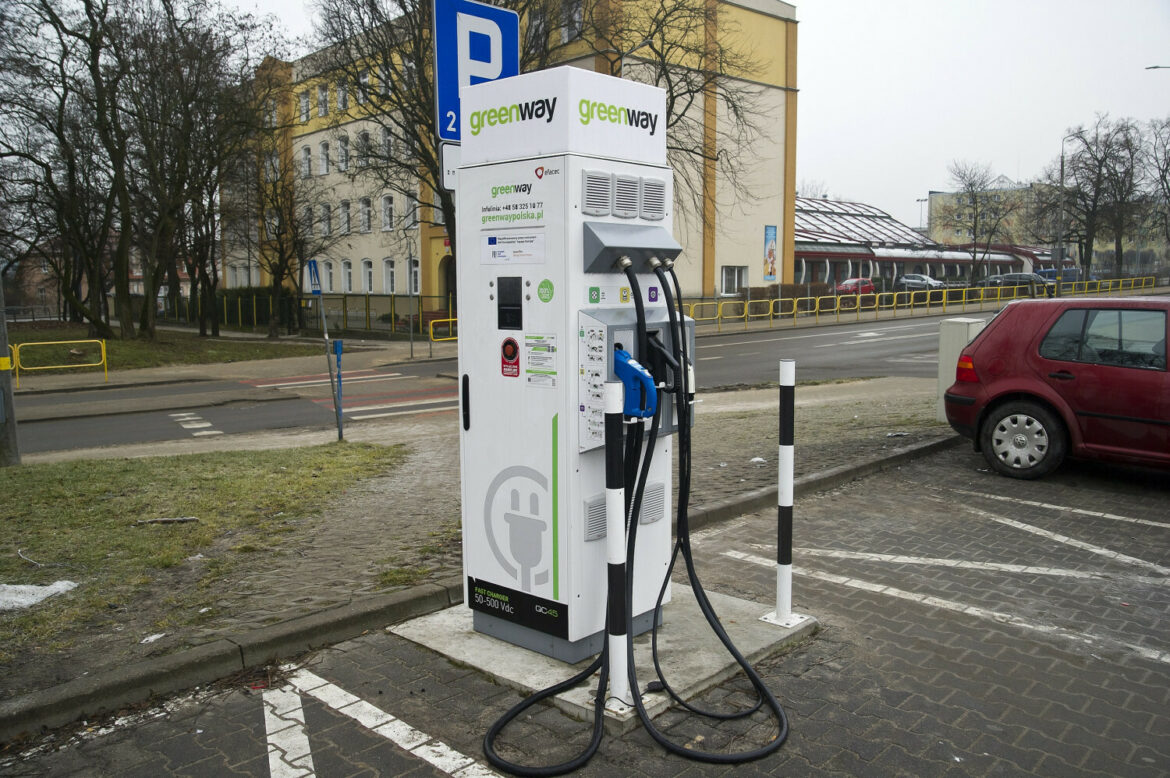In September, 1275 all-electric cars were registered in Poland. This represents a year-on-year decline of almost a tenth, and this at a time when most Western European countries are still experiencing a boom. The cautiousness of Poles regarding new electric vehicles (BEV, Battery Electric Vehicle) is shared only by Germans, Austrians, and Italians.
Sales of electric cars rose by 14 % year-on-year in Europe (incomplete: EU plus EFTA plus UK) in September. A total of 187,400 such cars were registered on the continent, according to data from the European Automobile Manufacturers’ Association (ACEA). There are countries such as Belgium, Denmark, Cyprus, Estonia, Finland, Greece, Malta, and Slovakia, where increases were even above 100 %.
In Poland, sales of electrics fell and by 9.8 % year-on-year. Instead of 1.41 thousand as a year ago, Poles bought 1.27 thousand such vehicles. This is just 3.3 % of all registered cars. Only Croatia and Slovakia have lower statistics.
Regular hybrids (not plug-in) are much more popular, i.e. cars that can only run a few kilometres on electricity and the rest on petrol. Declines in registrations were recorded in all market segments, but not in ordinary hybrids, which were registered 44.5 % more year-on-year. A total of 39,000 cars were registered in Poland in September. 16,.5 thousand of these were regular hybrids.
Interestingly, almost identical trends prevailed in Germany. Hybrids were sold in September by 44.1 % more year-on-year, while sharp declines were recorded in electrics (-28.6 %) and plug-in hybrids (-45.7 %). German experts explain this by the reduction in subsidies for buyers of such cars. In total, all types of cars were sold there almost as many as a year ago, reports Business Insider.
Arkadiusz Słomczyński





